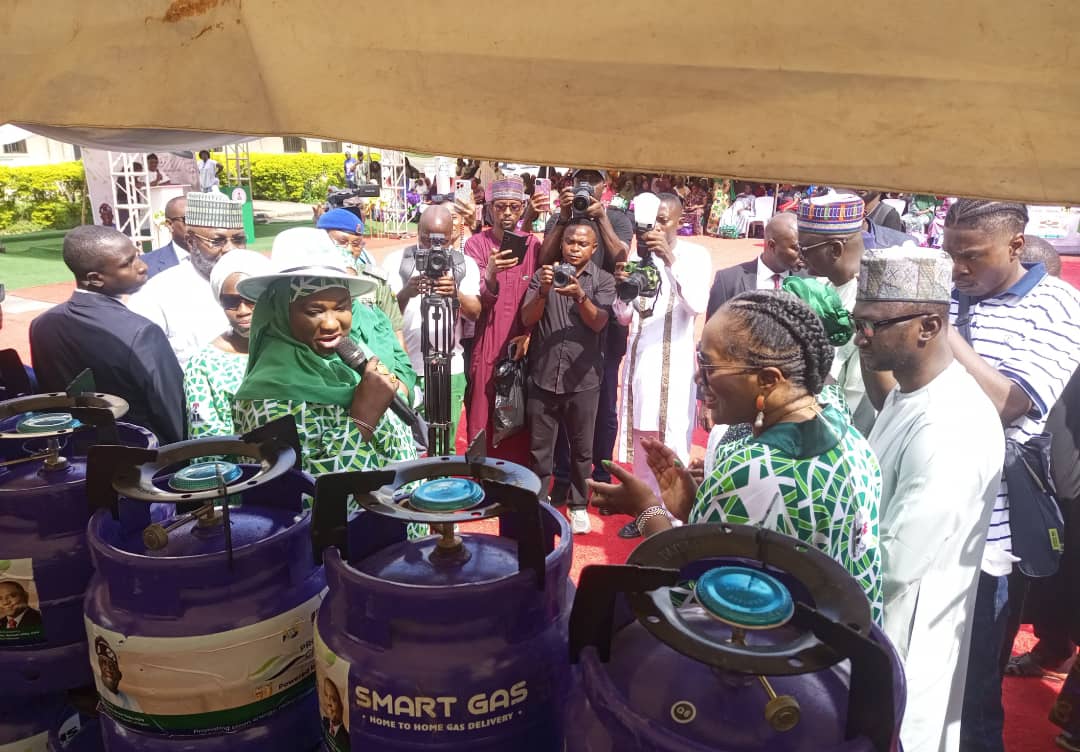The Federal Capital Territory Administration (FCTA) on Tuesday launched two flagship health initiatives the free distribution of Mother–Baby Kits and the Abuja Breathe Fresh Air Project as part of activities marking Nigeria’s 65th Independence anniversary.
FCT Minister of State, Dr. Mariya Mahmoud, while unveiling the programmes at the Asokoro District Hospital, said the dual interventions reflect a holistic vision of health by protecting mothers and newborns during childbirth while also tackling household air pollution.
“No woman should face childbirth without the tools and support she needs, and no child should begin life without adequate care. These kits reflect our deep commitment to maternal and child health,” Mahmoud said.
She explained that the Breathe Fresh Air Project is designed to reduce indoor air pollution by replacing hazardous fuels such as firewood, charcoal, and kerosene with smart Liquefied Petroleum Gas (LPG) cookers, thereby cutting down respiratory diseases linked to smoke inhalation.
According to Mahmoud, both initiatives are in line with President Bola Tinubu’s Renewed Hope Agenda, which is also strengthening Nigeria’s health system through workforce improvements, hospital renovations, and the establishment of a Public Health Emergency Operations Centre.
“This Independence anniversary is not just about our nationhood but also about recommitting ourselves to building a healthier and safer FCT, where every home is healthier, every birth is safer, and every breath is cleaner,” she stated.
Earlier, Mandate Secretary of the FCT Health Services and Environment Secretariat, Dr. Adedolapo Fasawe, lamented Nigeria’s high maternal and infant mortality rates, noting that the Mother–Baby Kits were introduced to close gaps in safe delivery.
“The Renewed Hope Mother–Baby Kit initiative provides basic but critical items needed for hygienic and safe delivery for both mother and child,” Fasawe stressed, while reaffirming the FCTA’s commitment under Minister Nyesom Wike’s leadership to scale up impactful health interventions, especially in rural communities.

